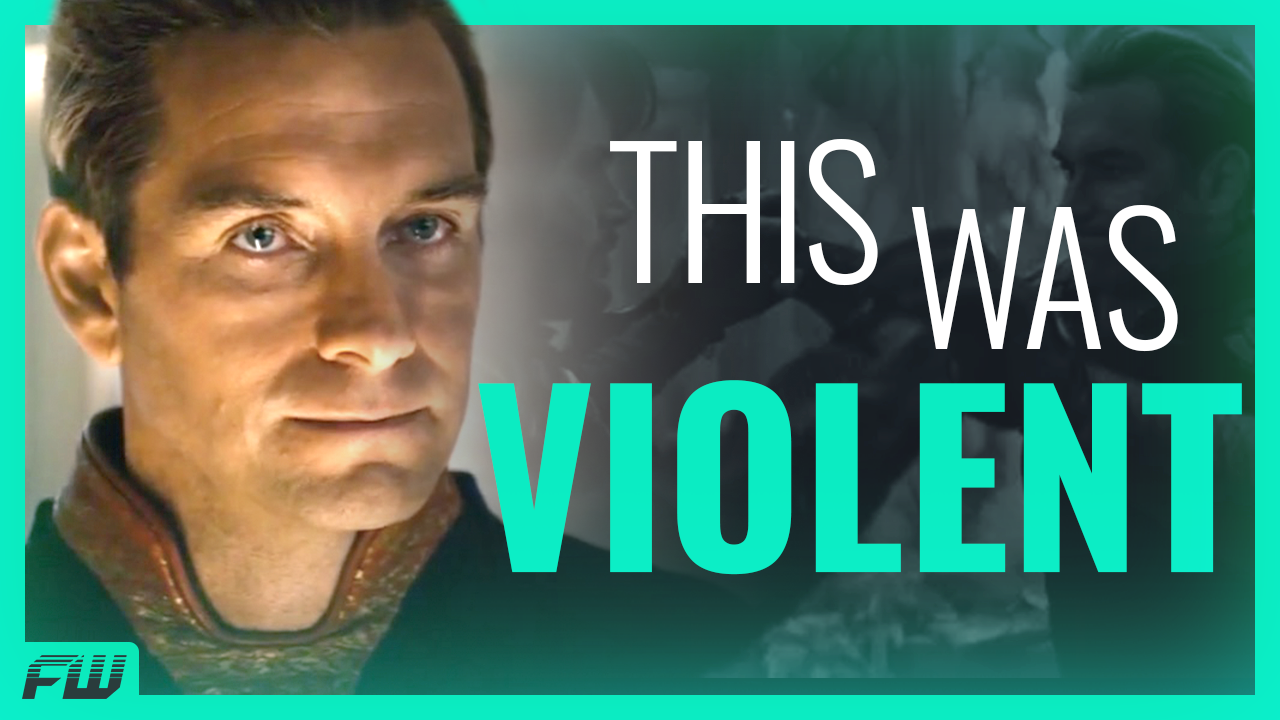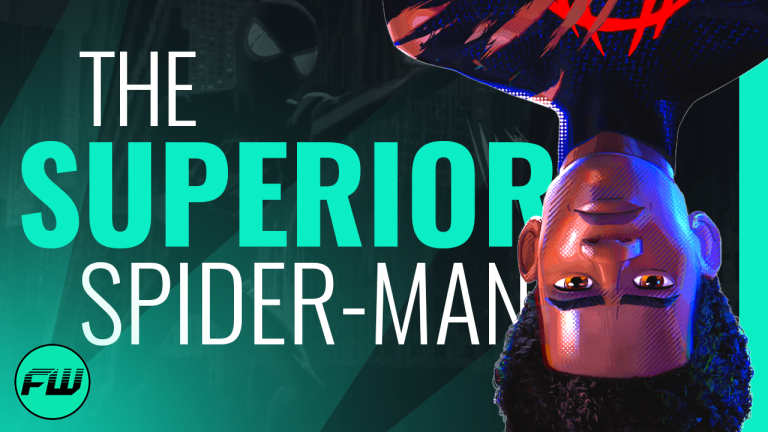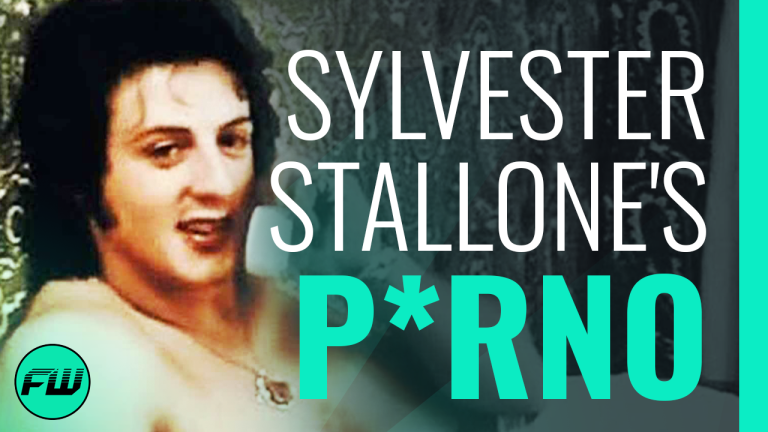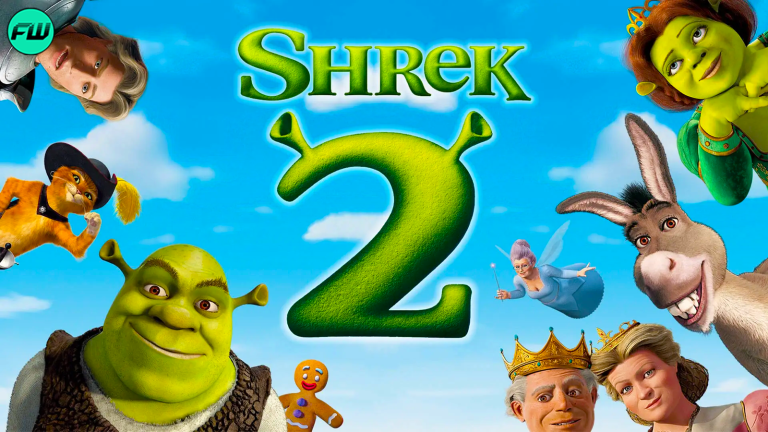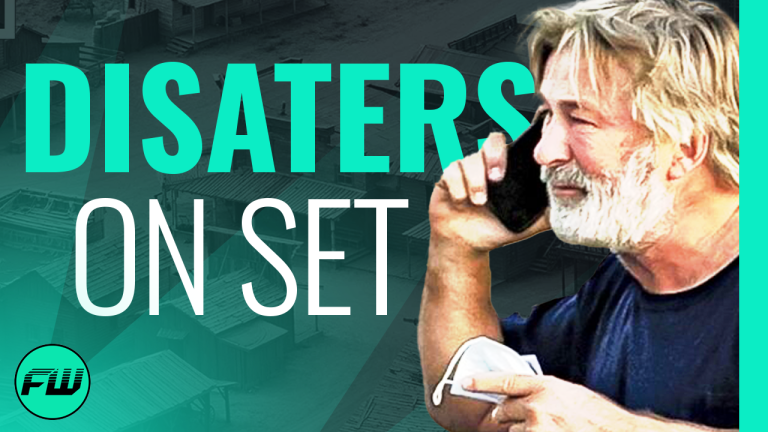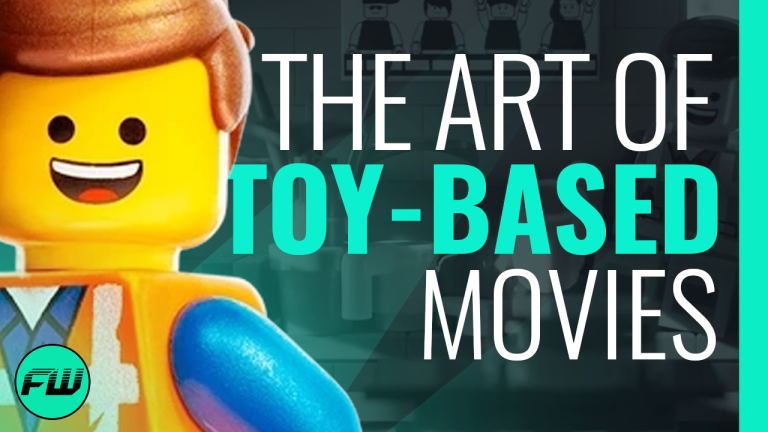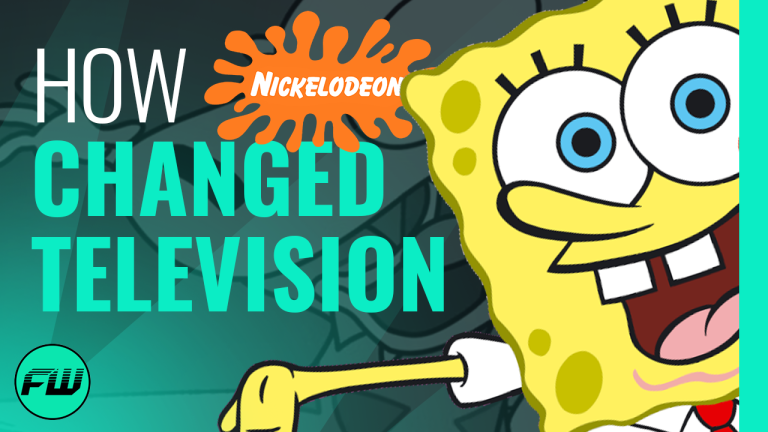FandomWire‘s latest Video Essay explains how The Boys uses violence.
Check out the video below:
Subscribe & hit the Notification Bell so you never miss a video!
Many people credit the 2016 film Deadpool as the film that inspired a wave of R-rated superhero movies. And that film was met by a significant amount of outrage from parents whose children wanted to see the newest X-Men movie but were shocked to find out that it contained copious amounts of violence, sex, nudity, and foul language.
But the truth is that this “phenomenon” of R-rated superhero movies wasn’t something that started with Deadpool. In fact, one of the first commercially successful comic book movies, the 1998 film Blade, starring Wesley Snipes as the vampire-hunting Damphir was rated R for “strong, pervasive vampire violence and gore, language, and brief sexuality.”
So why was this resurgence in superhero movies aimed solely at adults met with so much controversy? Ultimately, it boils down to the fact that the comic book movie evolved greatly from 1998 to 2016 and on. Until Iron Man came out in 2008, comic book movies were still relatively niche except for the widely-recognized characters like Batman, Superman, or the X-Men.
But when Iron Man came out, everything changed. The Marvel Cinematic Universe and its various copycats became family-friendly blockbusters that would consistently be among the highest-grossing films of the year. No movie in the Marvel Cinematic Universe has made less than $100 million domestically. And outside of Black Widow and Eternals, both released during the COVID-19 pandemic, the last MCU movie to make less than $200 million domestically was Ant-Man in 2015.
So, naturally, someone was going to come along to poke fun at the widespread commercialization of these comic book movies. And what better property to adapt to satirize the sanitized, family-friendly comic book movies than the WildStorm/Dynamite Entertainment series The Boys, which is anything BUT family-friendly.
Debuting with its first season in 2019, The Boys has gained many fans since its premiere and continues to grow in viewership with its ongoing third season. Season 1 earned an 85% critics’ score on Rotten Tomatoes, and seasons 2 and 3 are currently sitting at a healthy 97%. So how did The Boys earn just as much — and sometimes more — acclaim than the things it parodies?
Much of the praise for The Boys has resulted from its graphic content. The central conceit of The Boys is that it offers a frank look at what it would really be like if superheroes existed in our world. The series’s writers purport that these heroes wouldn’t actually be all that “heroic” but be horribly corrupt and abuse their powers for personal gain.
It’s an interesting concept — showing the real effects that superpowers would have on the world. Many of the superpowers that have been depicted in comic books and films over the years would have devastating consequences and cause residual damage that would not go over well.
And yet, for the most part, major comic book adaptations don’t show the consequences of these superheroes’ actions on the world. The only exceptions that come to mind are the aftermath of the Battle of New York from The Avengers impacting Spider-Man: Homecoming and the destruction of Sokovia motivating Baron Zemo in Captain America: Civil War.
Otherwise, the superheroes can literally go in and wreak havoc on the place they are supposedly trying to save, and there is little to no consequence. What makes The Boys such an effective satire of the comic book adaptation is that it makes fun of how inconsequential so many of these comic book movies are by focusing on the devastating consequences of superheroism.
And while this violence was certainly present in the first two seasons of the show, there is no doubt that the third season has become even more horrifically violent. And on the heels of what was hyped up to be the most gratuitously violent and sexual episode of the series yet — ”Herogasm,” based on the run in the comics of the same name — some fans have been asking how much is too much when it comes to violence in the show?
If you aren’t yet caught up on this new season of The Boys, you should probably stop watching here because we’re about to go into some MASSIVE spoilers for the episode.
Much of the story of season three revolves around the newly-introduced character Soldier Boy, whose superheroing days preceded the reign of The Seven, as he is awoken from hibernation and sets out on a revenge spree against his former teammates. Soldier Boy has devastatingly destructive powers, including the ability to radiate a blast that obliterates everything in his wake.
Soldier Boy is very clearly an analog for Marvel’s Captain America, and it’s rather fitting that his storyline in this season is so dark and rife with violence because the Captain America films are some of the darkest in the MCU. Although they don’t show near the level of blood and gore as The Boys, the Captain America films, notably The Winter Soldier, feature some uncharacteristically brutal moments for the MCU.
Well, in typical The Boys fashion, everything here is exaggerated far beyond its mainstream counterpart. Soldier Boy racks up an enormous body count in this season of The Boys that rivals the kill count many of the other violent supes have achieved throughout the entire series.
But why? What good does it do to show a superhero go on a murderous rampage on a quest for revenge? Ultimately, seeing Soldier Boy create so much destruction on his path for revenge is an effective reminder of the age-old superhero theme “with great power comes great responsibility” that Uncle Ben told Peter Parker/Spider-Man.
Sure, hearing those words from a beloved character before they die brutally is effective, but there is something perhaps even more effective about seeing those consequences in action. Soldier Boy might have good intentions — freeing the world from the influence of people who stabbed him in the back and have the capacity for enormous wrongdoing — but in doing so, he is creating tremendous collateral damage.
One of the most horrifying scenes in all of season three is in “Herogasm,” when Soldier Boy executes the TNT Twins. What was supposed to be a targeted attack against two people who had committed a wrong against him resulted in the death of numerous bystanders in the location. Even The Boys themselves, whose goal is to eliminate as many corrupt supers as possible, were horrified at the effects of Soldier Boy’s blast.
The series doesn’t shy away from showing the brutal consequences of Soldier Boy’s quest for revenge. We see charred corpses and people literally disintegrating. While it’s CGI, and the CGI isn’t even designed with realism at the front of the mind, that doesn’t make it any less horrifying to see.
Viewers are meant to have very conflicted feelings about Soldier Boy — is he better than the members of Homelander and his cronies in The Seven, or is he something more dangerous because of his lack of responsibility despite the enormous power that he possesses.
Another interesting case of this can be seen with the character A-Train, who has experienced significant changes since his introduction in season one.
One of the first scenes in the series is A-Train accidentally killing the protagonist Huey’s girlfriend, Robin. And we see the horrifically gory impacts of A-Train running through a person at full speed. In some ways, this is certainly a note to the audience saying that the show isn’t messing around, but how this has since been used to deepen the A-Train character is fascinating.
For much of the first season, A-Train tries to play it off nonchalantly. It’s almost as if it’s something that’s just a part of another day. And in one part of the series, Vought corporate head Ashley Barrett talks about A-Train’s dark past and the fact that the company has had to do a lot of damage control for several similar accidents that have happened in the past.
But we begin to see in season two some hints that this incident was a tipping point for A-Train, and that it’s begun to weigh on him heavily. And while there are some decisions in the series making it a bit questionable of a redemption arc — redeeming a murderer is something that will undoubtedly rub some viewers the wrong way — it’s clear that the writers are interested in exploring a PTSD angle.
This really culminates in “Herogasm,” when a Huey pumped up on Temp V confronts A-Train asking for a genuine apology for murdering the love of his life. It’s something that Huey has asked for on several occasions throughout the series, and A-Train has consistently brushed it off. But this time, he gives Huey a genuine apology. Why?
Because of the violence, he has seen himself.
In an earlier episode this season, the bigoted superhero Blue Hawk goes on a rampage when he is challenged by a group of protesters accusing him of being a racist. This rampage ends up hurting A-Train’s brother, leaving him permanently paralyzed. Now that A-Train has felt what it means to have a loved one lost to supe-induced violence, he starts to regret his actions that he did in the past.
Now, violence is not the answer to violence, and A-Train still has to learn that. But at the end of “Herogasm,” we see him get his revenge against Blue Hawk, dragging him on the road at full speed, leaving him a pile of mush. But after he does so, his recurring heart problem flares back up, and he collapses.
Like Soldier Boy, it’s another reminder that with great power comes great responsibility. A-Train tried to go through the motions of getting change through the system, but he was rejected every step of the way. So he resorted to getting a quick resolution to his frustration, and he had to face the consequences as a result.
What makes the violence depicted in The Boys works so well is that it does not go unpunished. Yes, it contributes to a feeling of shock value that consistently gets a reaction out of the viewer, but the violence isn’t just there because it can be with a more mature rating.
The Boys is remarkable because it feels like it has genuine stakes. Sure, other violent, R-rated superhero projects like Deadpool are a ton of fun, but what gives The Boys so much heft is that it shows the consequences of this violence and uses it to reinforce this age-old theme in the genre.
What do you think? Is the violence in The Boys gratuitous, or does it serve to reinforce what the series has to say about the corrupting force of power? Tell us in the comment section below, and make sure to like and subscribe. Thanks for watching!
Follow us for more entertainment coverage on Facebook, Twitter, Instagram, and YouTube.

